

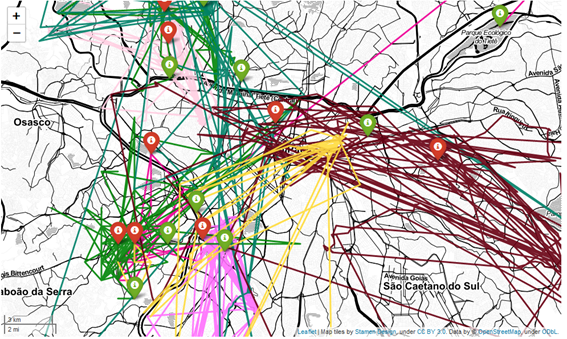
Research using mobile phone data indicates that the living condition reduces the variability of daily movements.

Research using mobile phone data indicates that the living condition reduces the variability of daily movements.
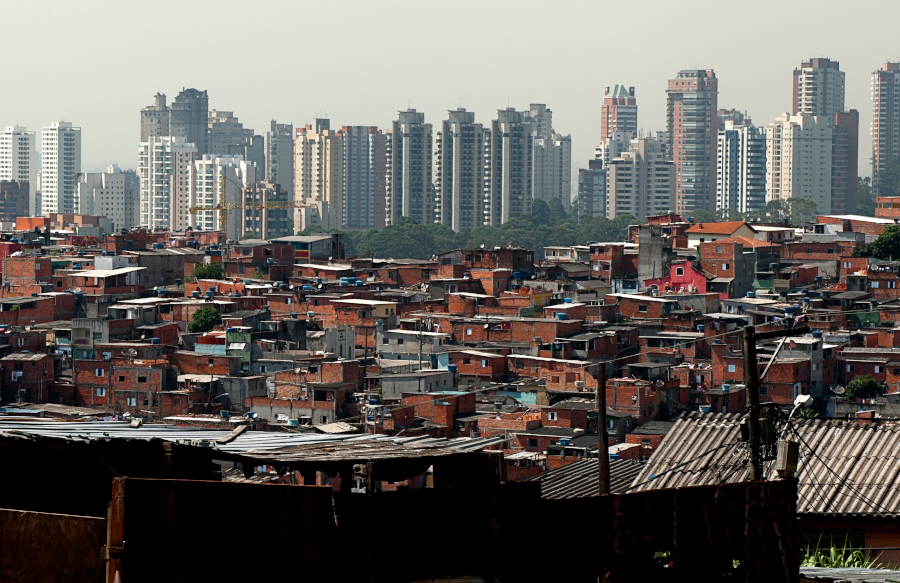
Research by a FAPESP-supported center indicates that the favela formation process is ongoing but slowing down.
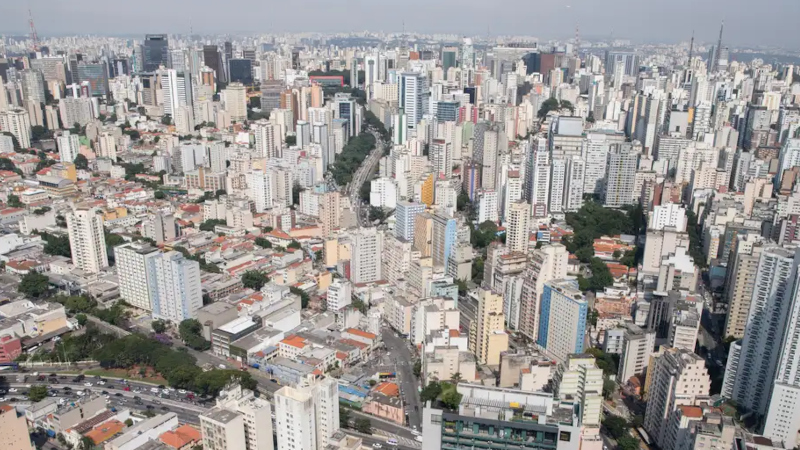
According to a study by a FAPESP-supported research center, which includes federal funds, towns and villages benefit the most in per capita terms.
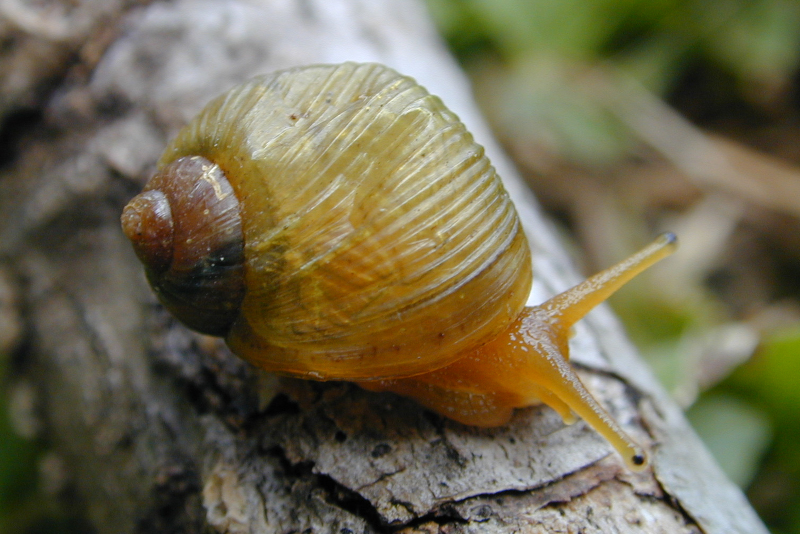
A study analyzing discoveries made over the last 20 years found that nearly half of all snails and slugs were described by researchers who did not work in the countries where they were found.

A study analyzing discoveries made over the last 20 years found that nearly half of all snails and slugs were described by researchers who did not work in the countries where they were found.
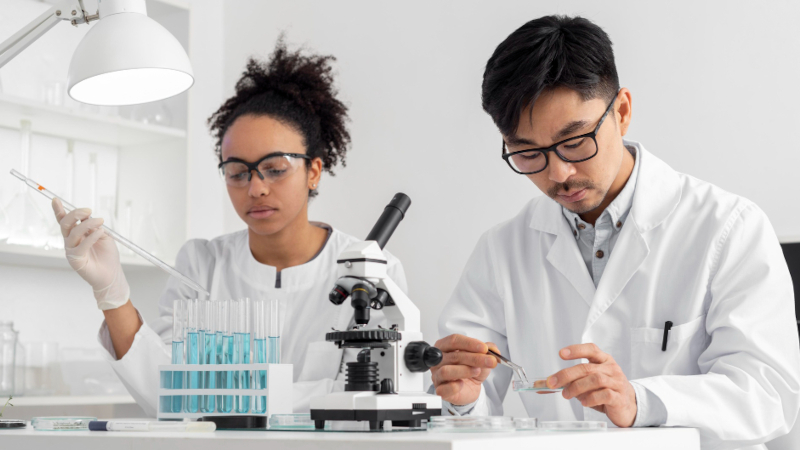
An analysis was conducted by Carlos Henrique de Brito Cruz, former scientific director of FAPESP, using the Elsevier Scopus database, which covers 100 million publications and over 7,000 scientific publishers worldwide.

Article published in Nature Medicine points to the risk of setbacks in research focused on this population. Experts question new rules in Brazil and other countries.
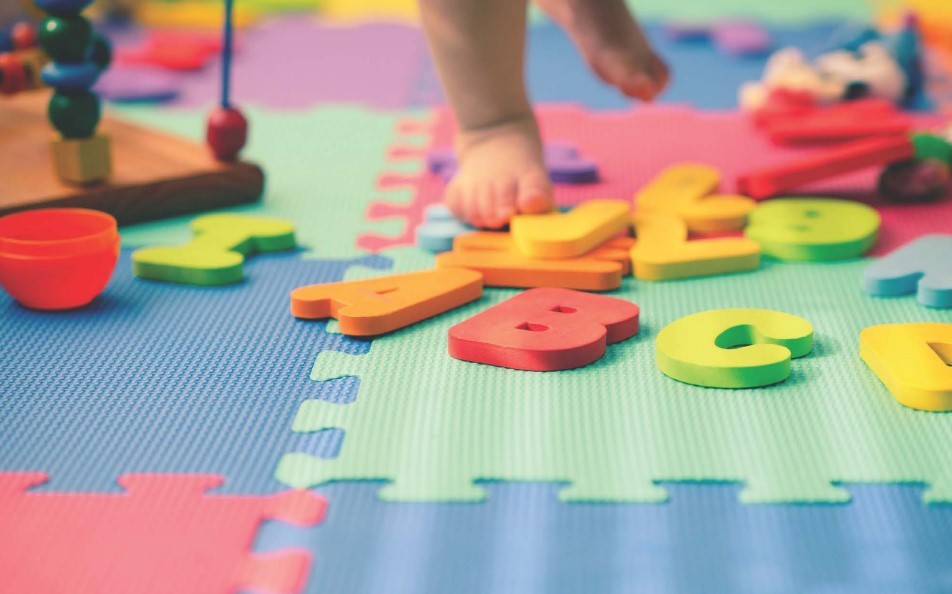
Bringing together studies by various experts, the book Science of Early Childhood highlights the importance of this period in people’s development and lives. It also warns of the far-reaching consequences of social inequality.
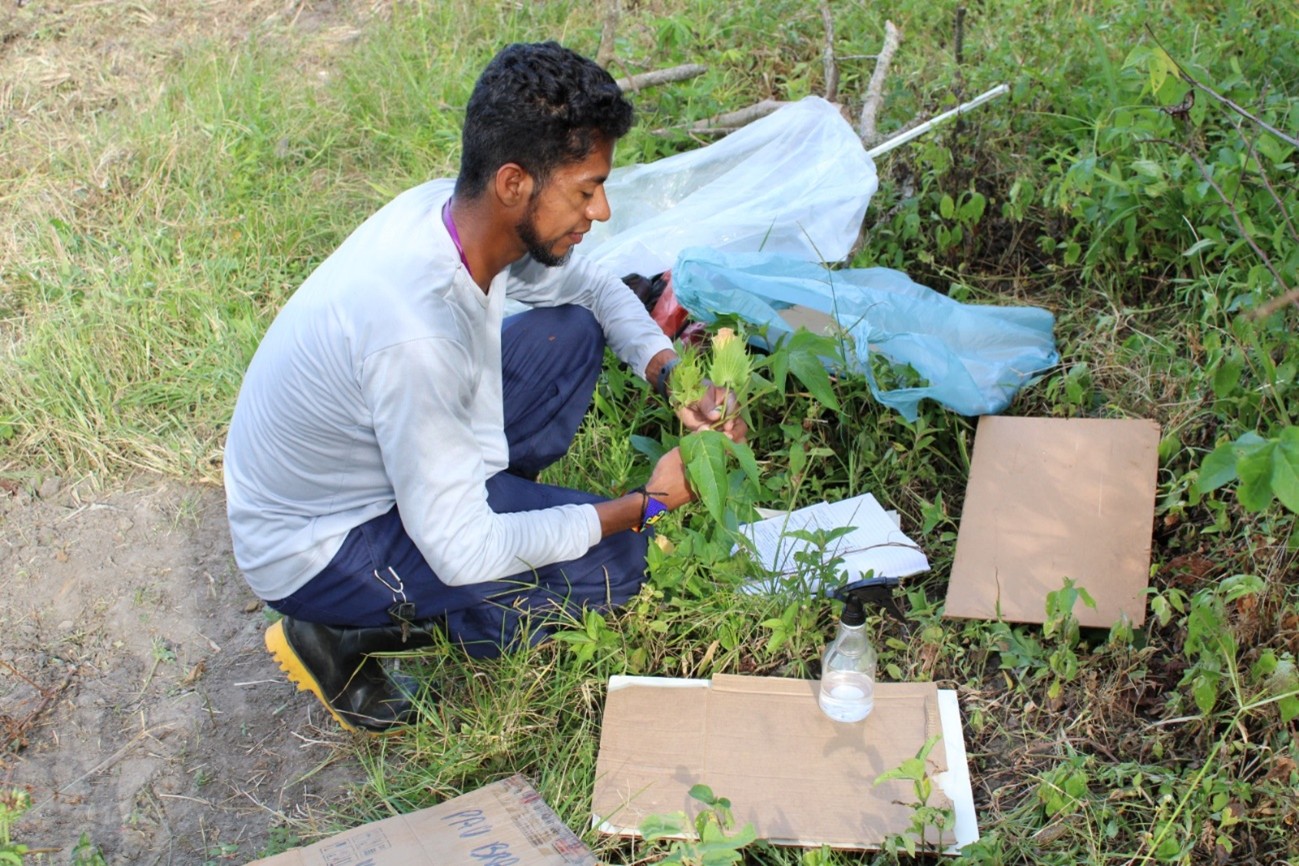
The study accessed ancestral knowledge and cataloged 175 medicinal plants used to treat diseases such as parasitic worms, diabetes, and hypertension. Community participation was central to all stages of the study.
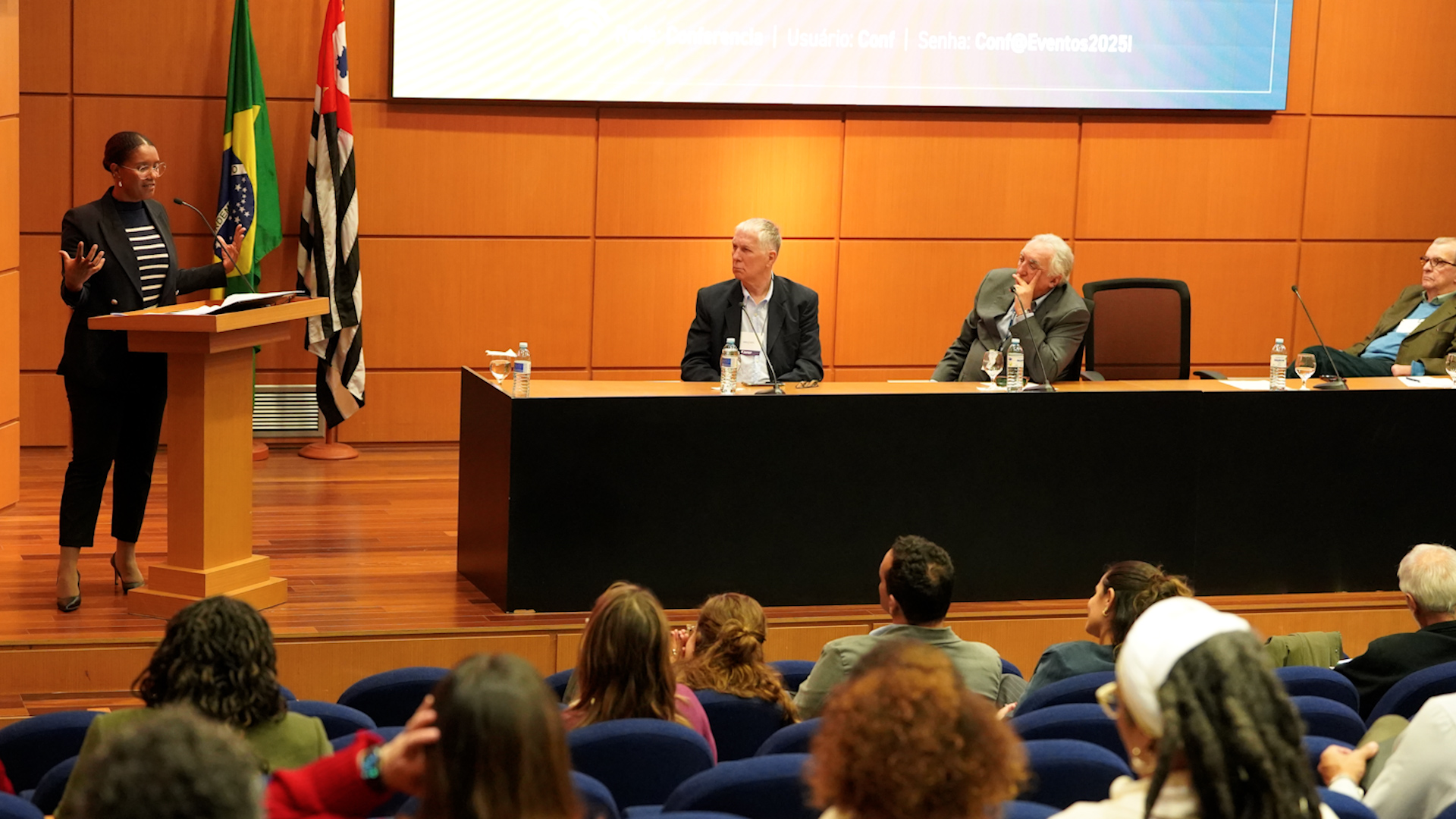
Eurídice Monteiro, the former Secretary of Higher Education in Cape Verde, delivered the 5th FAPESP 2025 Conference. She argued that science is a tool for liberation, grounded in African contributions, cognitive justice, and South-South integration.
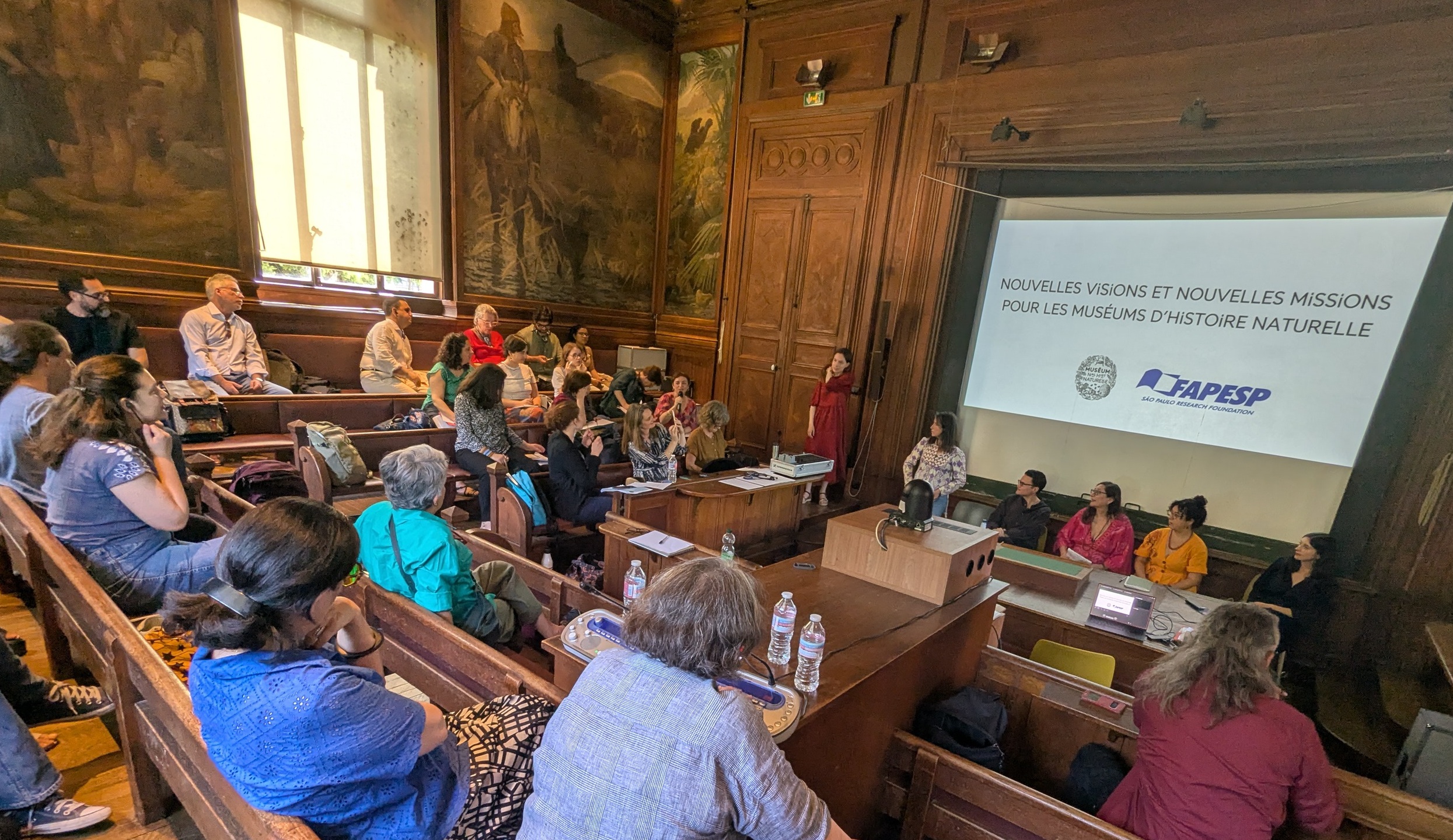
Researchers from Brazil and France meet at a seminar during FAPESP Week to discuss ways forward for museums in the face of the changes and challenges of the 21st century.
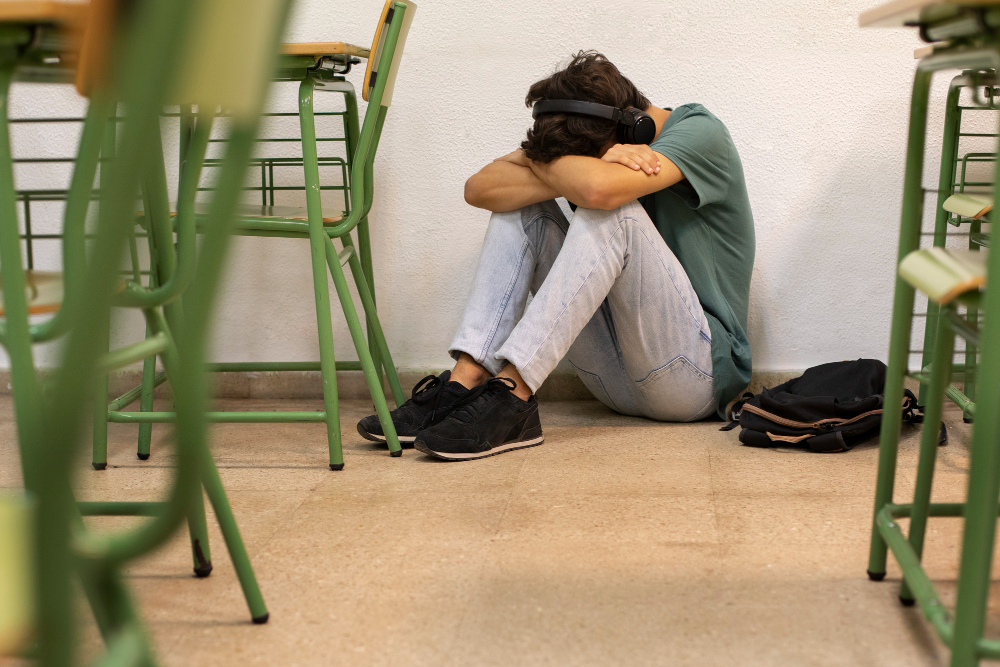
Based on individual interviews with adolescents and focus group discussions, researchers from São Paulo State University have created a classification of the coping strategies used by young people in situations of school bullying. The study also provides recommendations for educational institutions.
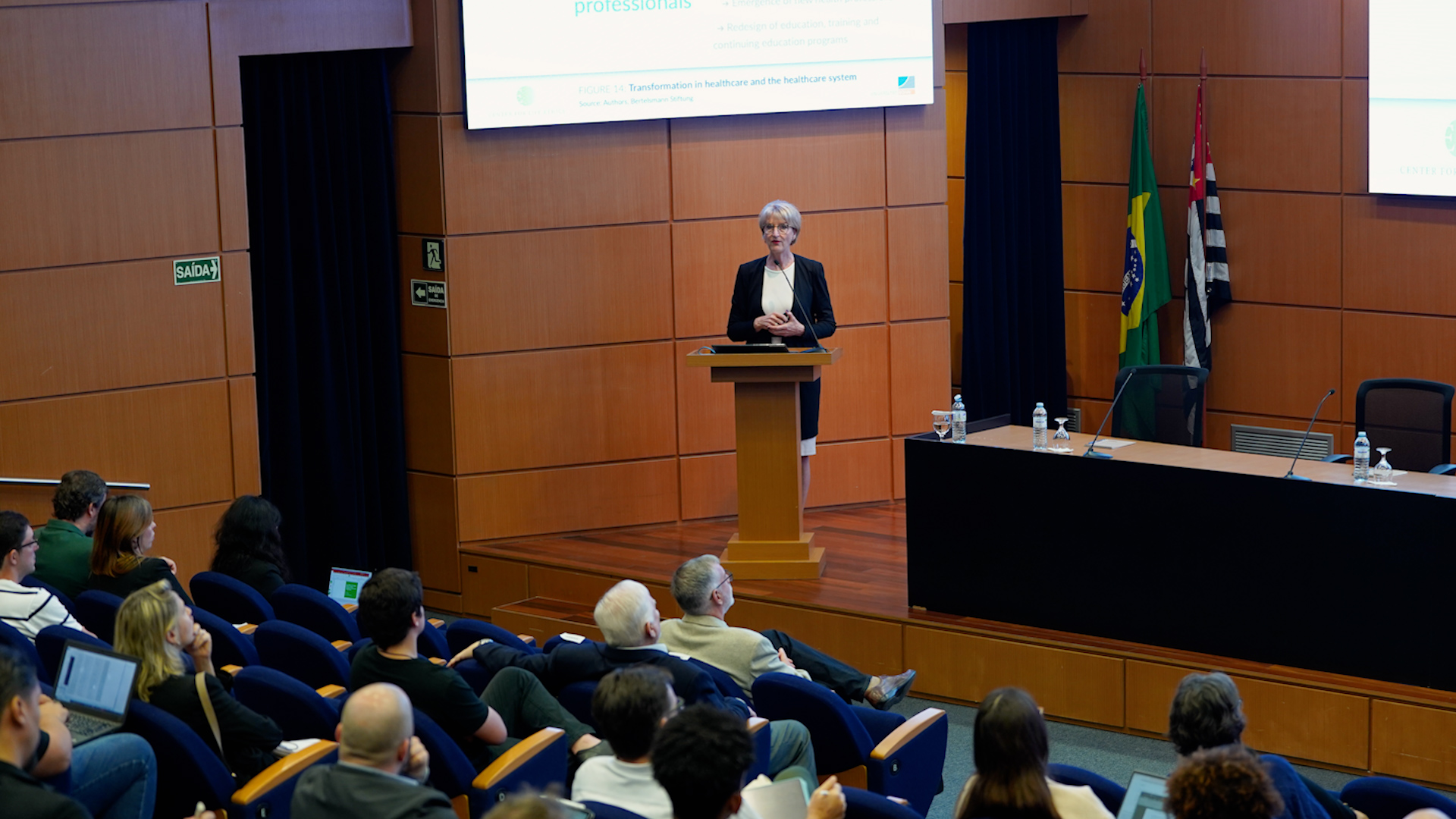
The assessment was made by researchers who participated in the 11th edition of the German-Brazilian Dialogue on Science, Research, and Innovation, held last month in the FAPESP auditorium.
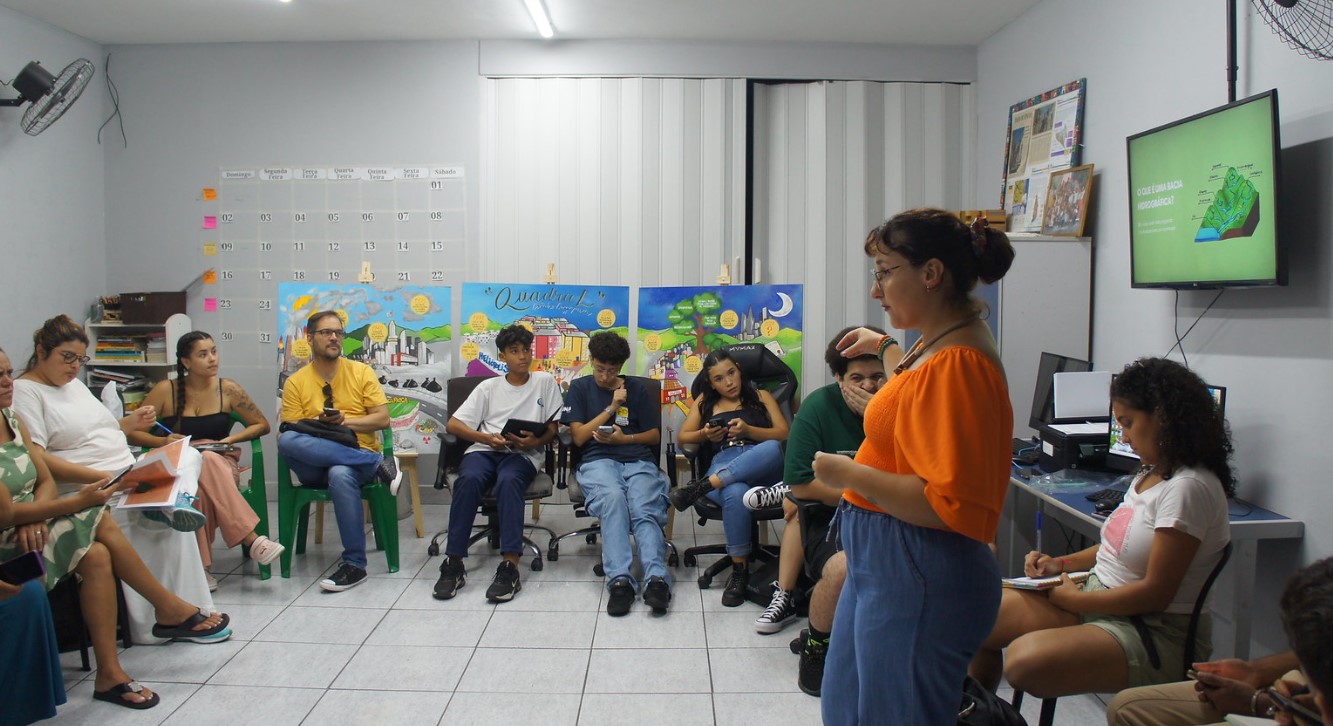
Booklet summarizes the results of a survey conducted by groups from the Center for Favela Studies and the Laboratory of Urban and Regional Studies and Projects of the Federal University of ABC; the material was presented to the community at a workshop held in February.

System integrated into a backpack is equipped with a camera and tactile signals that vibrate to warn of the presence of objects above the waist.
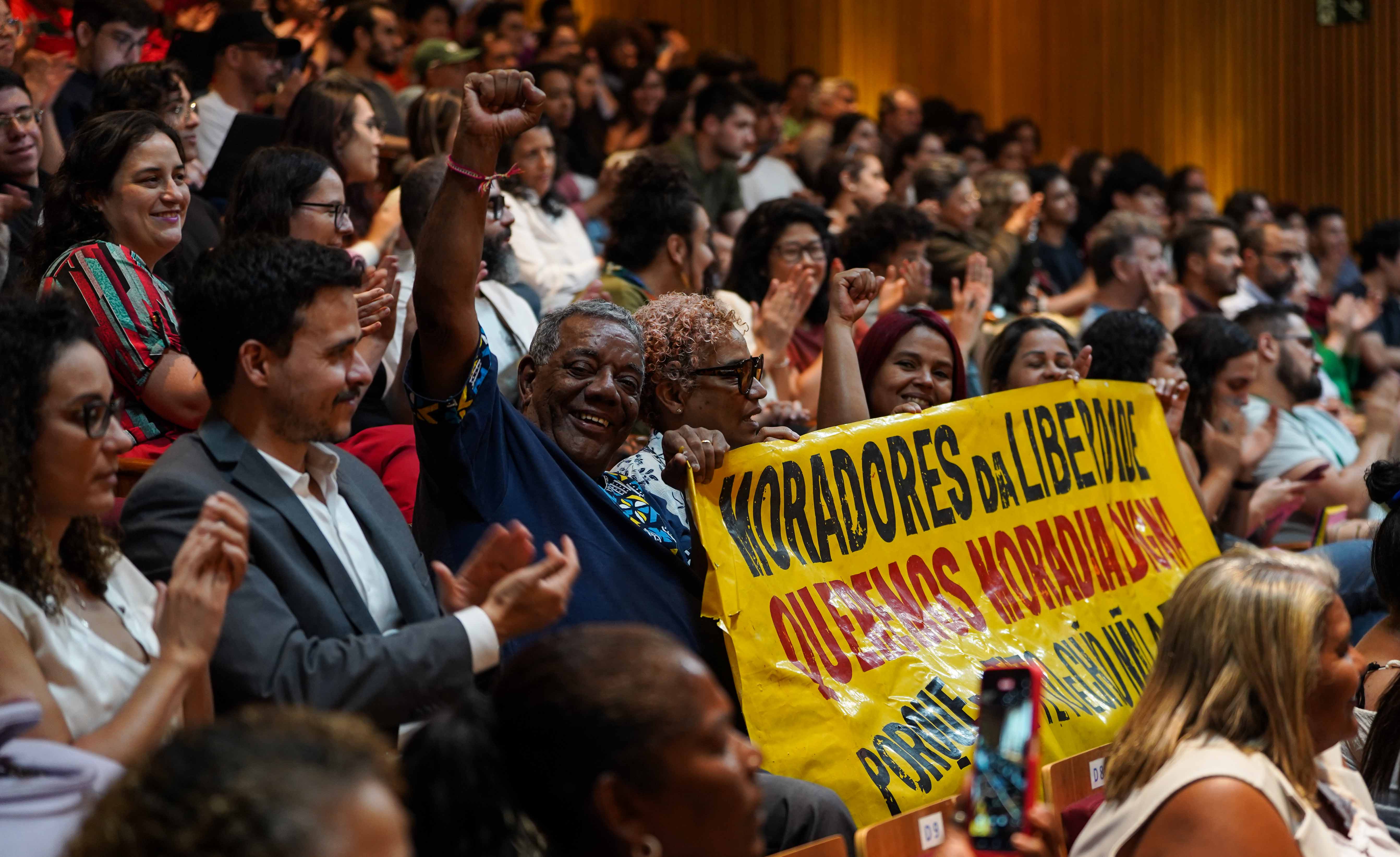
CEFAVELA, the latest of FAPESP’s Research, Innovation and Dissemination Centers, was officially launched on October 7 at the Federal University of the ABC.
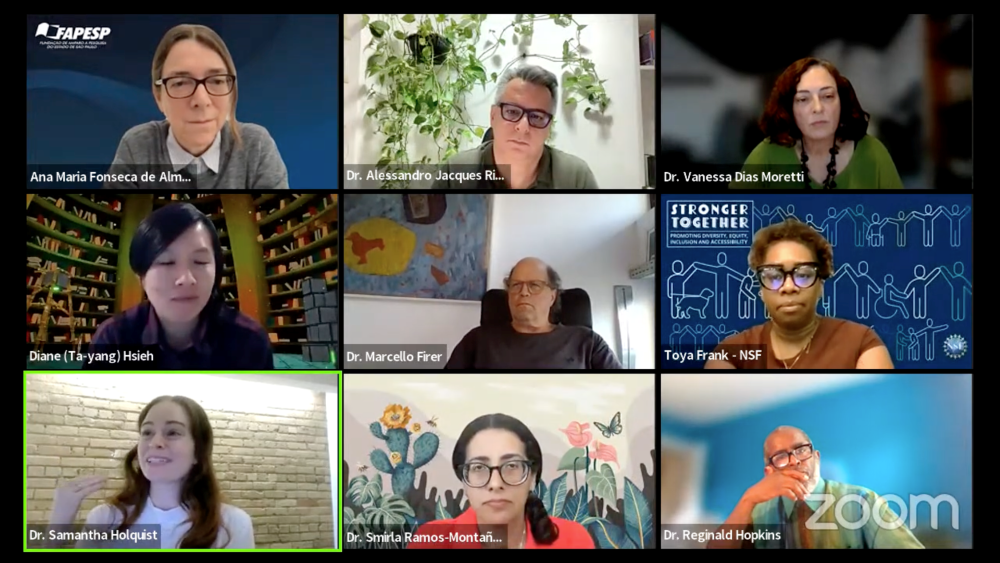
In an online seminar hosted by FAPESP and the U.S. National Science Foundation, researchers presented on initiatives aimed at promoting equity in science, technology, engineering and mathematics (STEM).
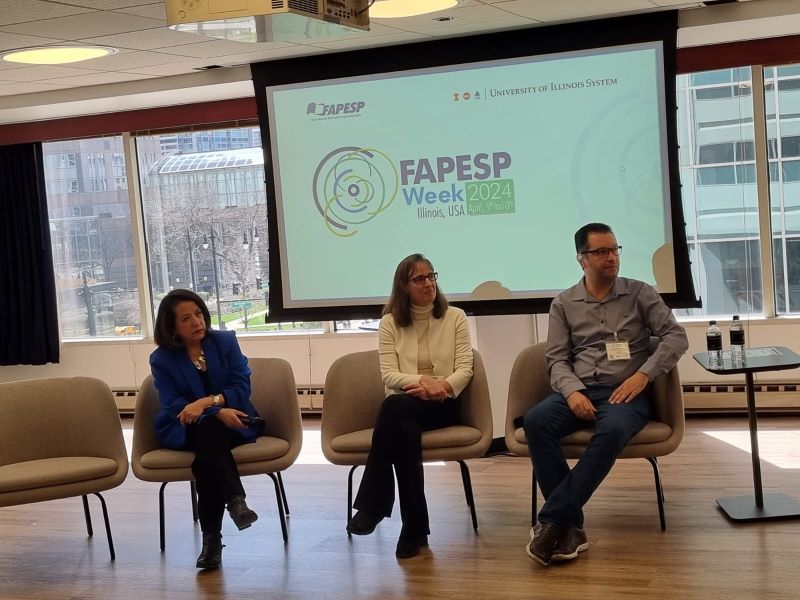
Researchers from the University of São Paulo are producing maps that show areas of the city of São Paulo with the highest concentration of air pollutants; the results of the studies were presented in the United States during FAPESP Week Illinois.
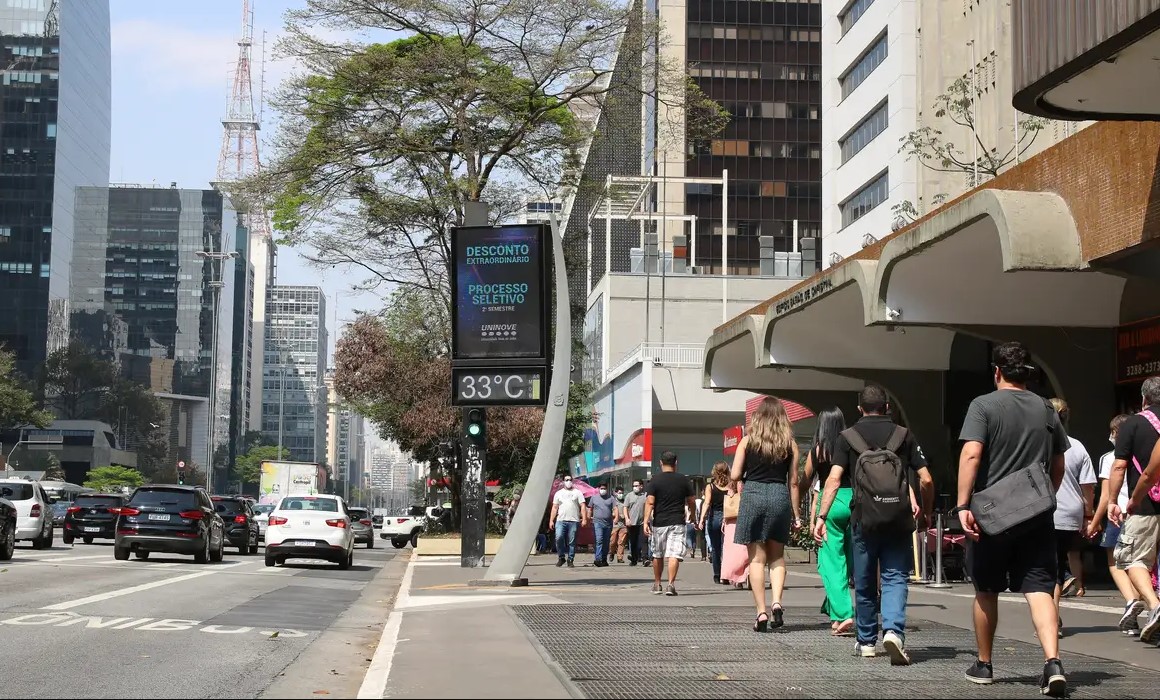
In 18 cities of the Barretos region, where the proportion of Black people in the population is smaller, cancer kills more members of this ethnic group, whereas in the capital of the same state, it kills more White people, according to a study that compares cancer mortality rates and points to ways of reducing inequalities in diagnosis and treatment.
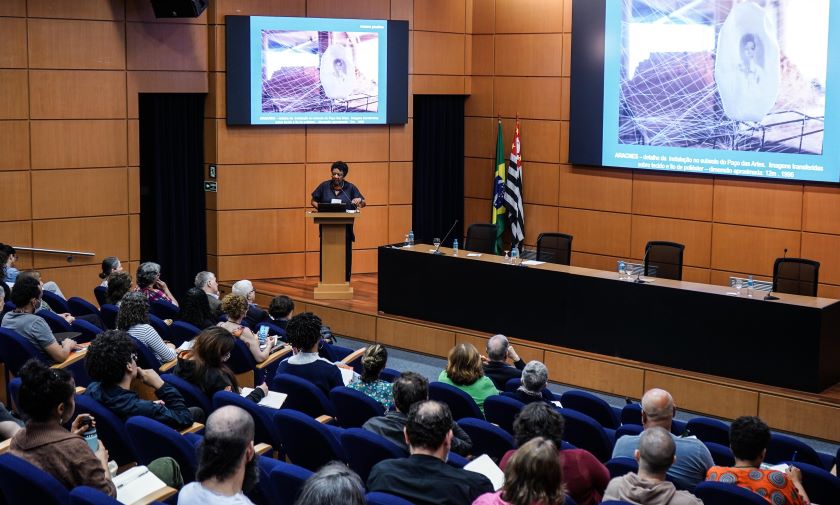
The artist outlined her life’s work in the Eighth FAPESP 2023 Lecture, which was entitled “Roots that emerge: interweavings of art and science”.
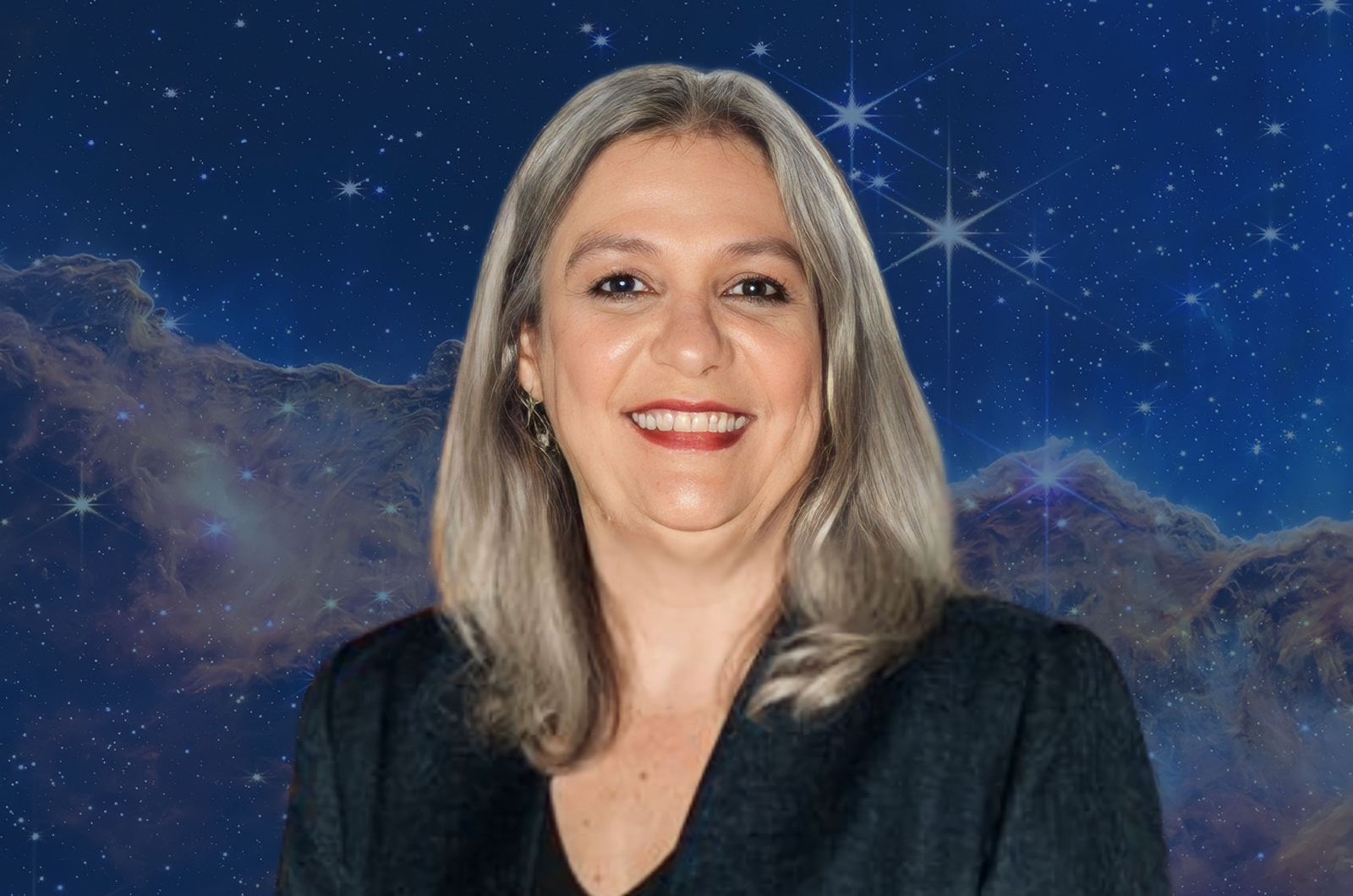
On a visit to São Paulo to participate in the FAPESP 2023 Interdisciplinary School in Exact and Natural Sciences, Engineering and Medicine, astrophysicist Duília de Mello argued that science popularization can combat epistemic bubbles.
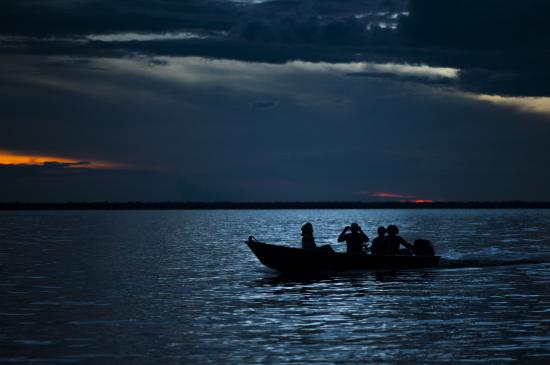
Subnational funding agencies and Brazil’s National Scientific Council will partner to allocate almost BRL 60 million to research projects that explore little-known areas of the world’s largest tropical forest.
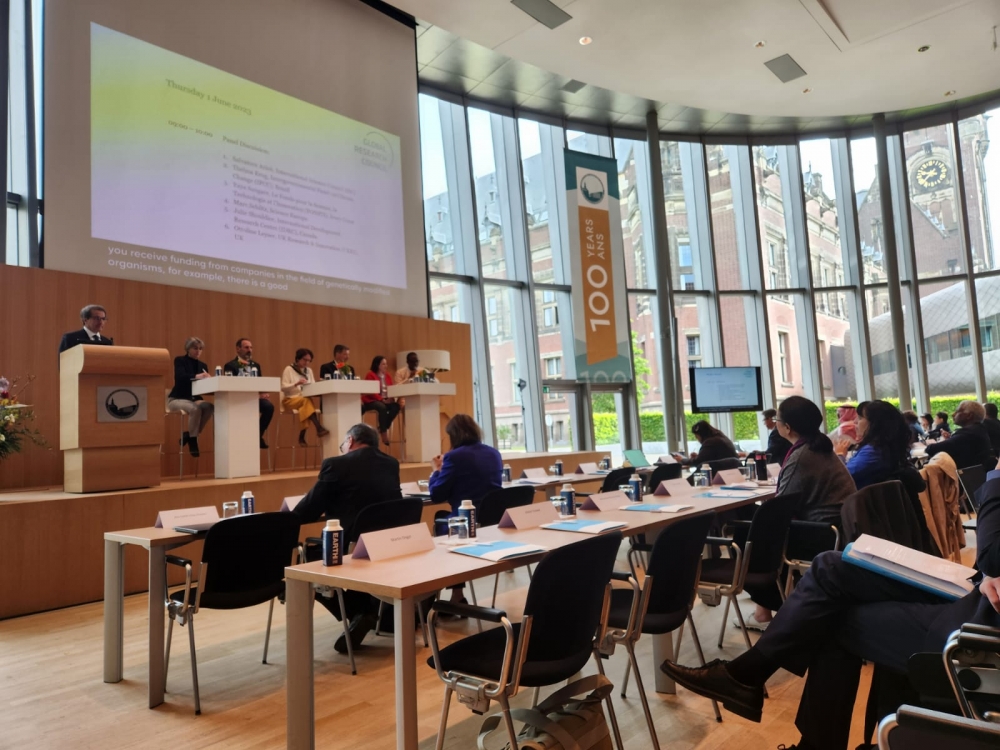
First meeting was held last week in The Hague, Netherlands, during the Annual Meeting of the Global Research Council.